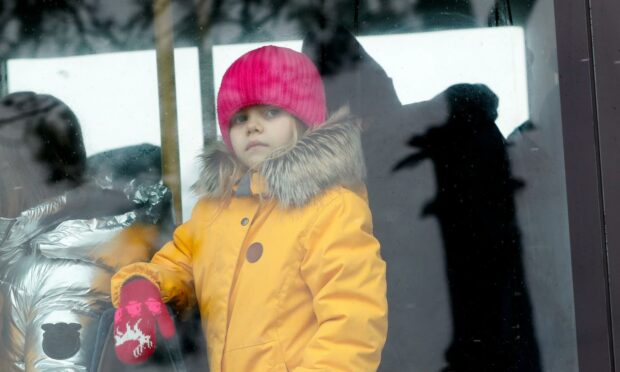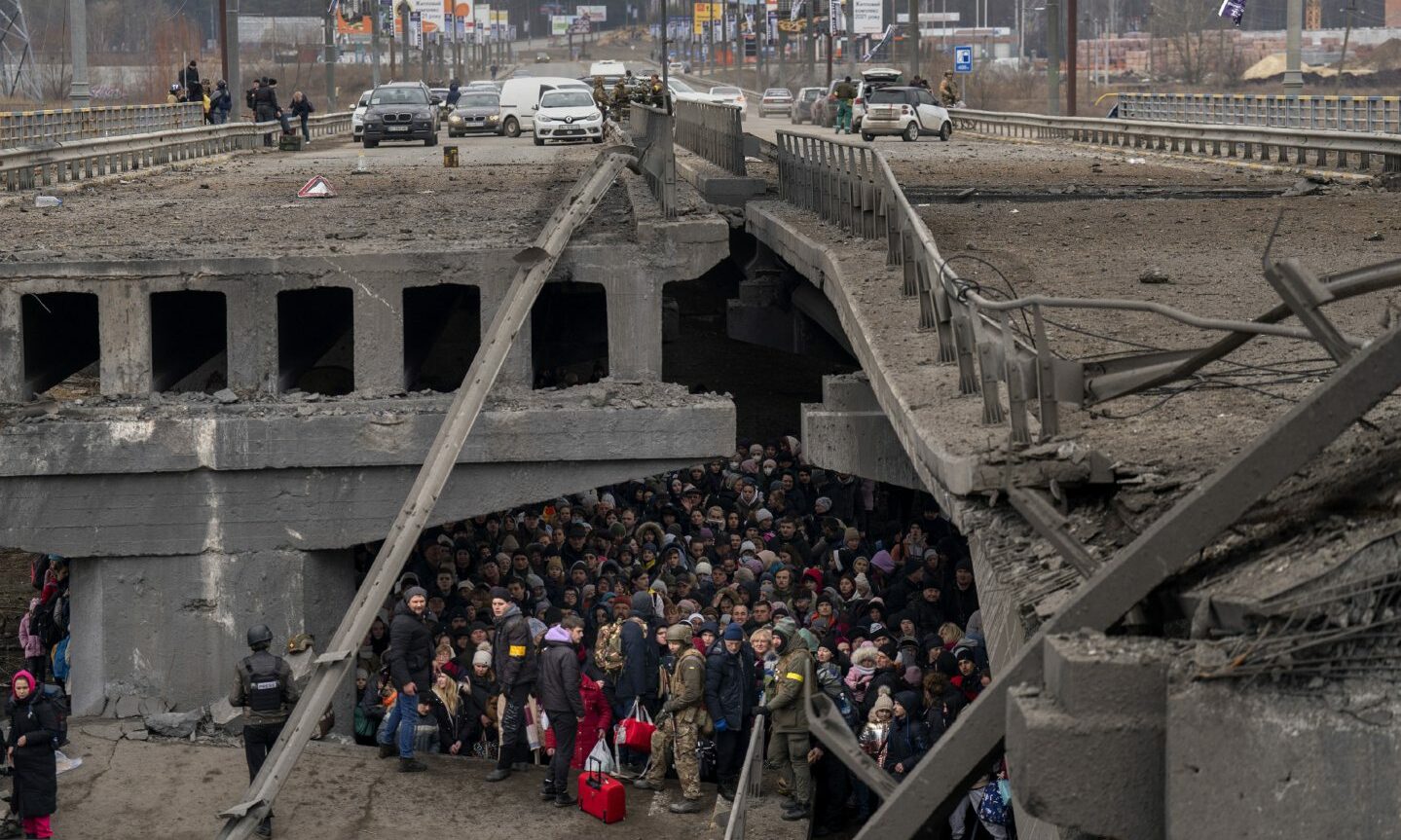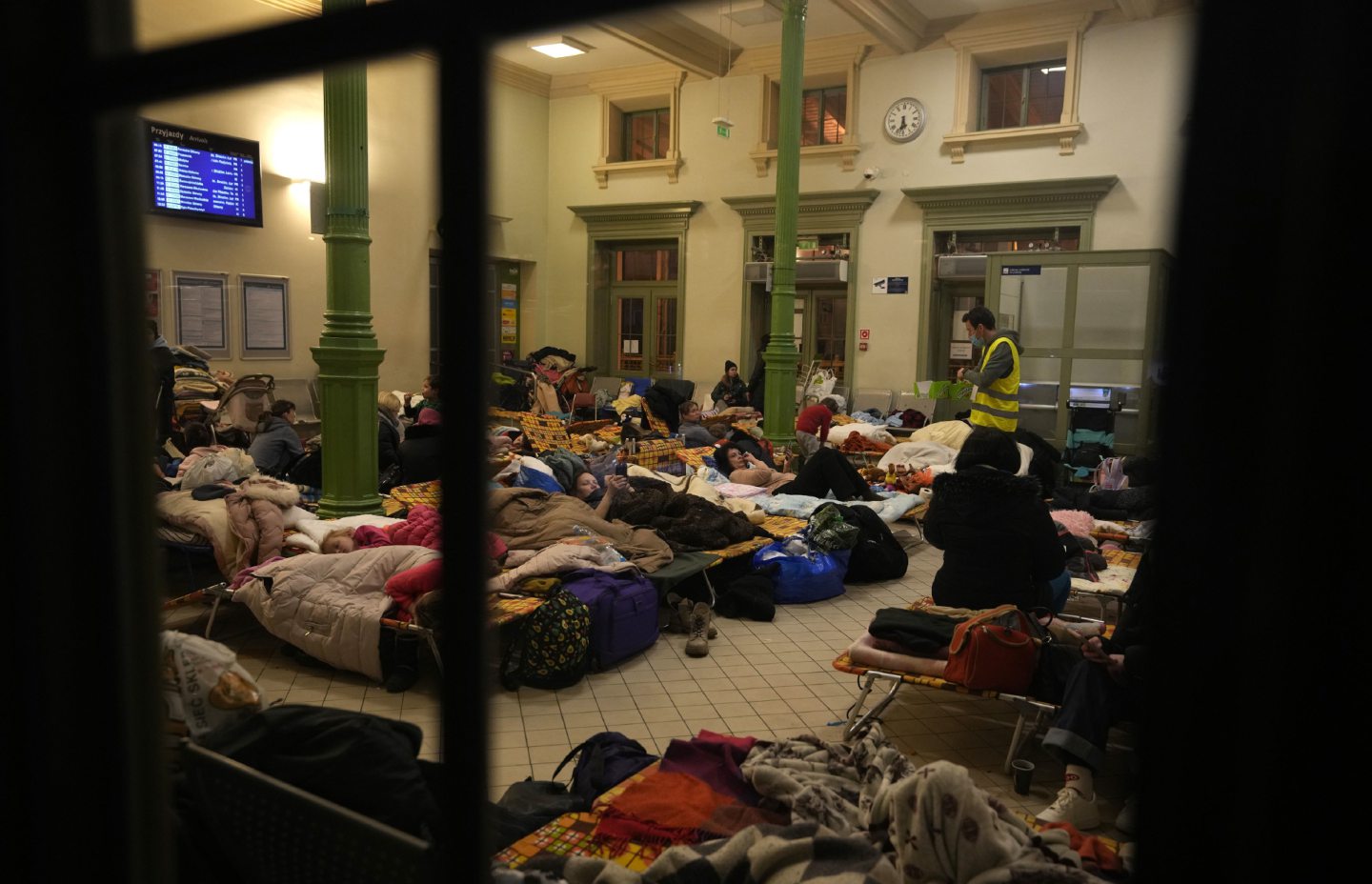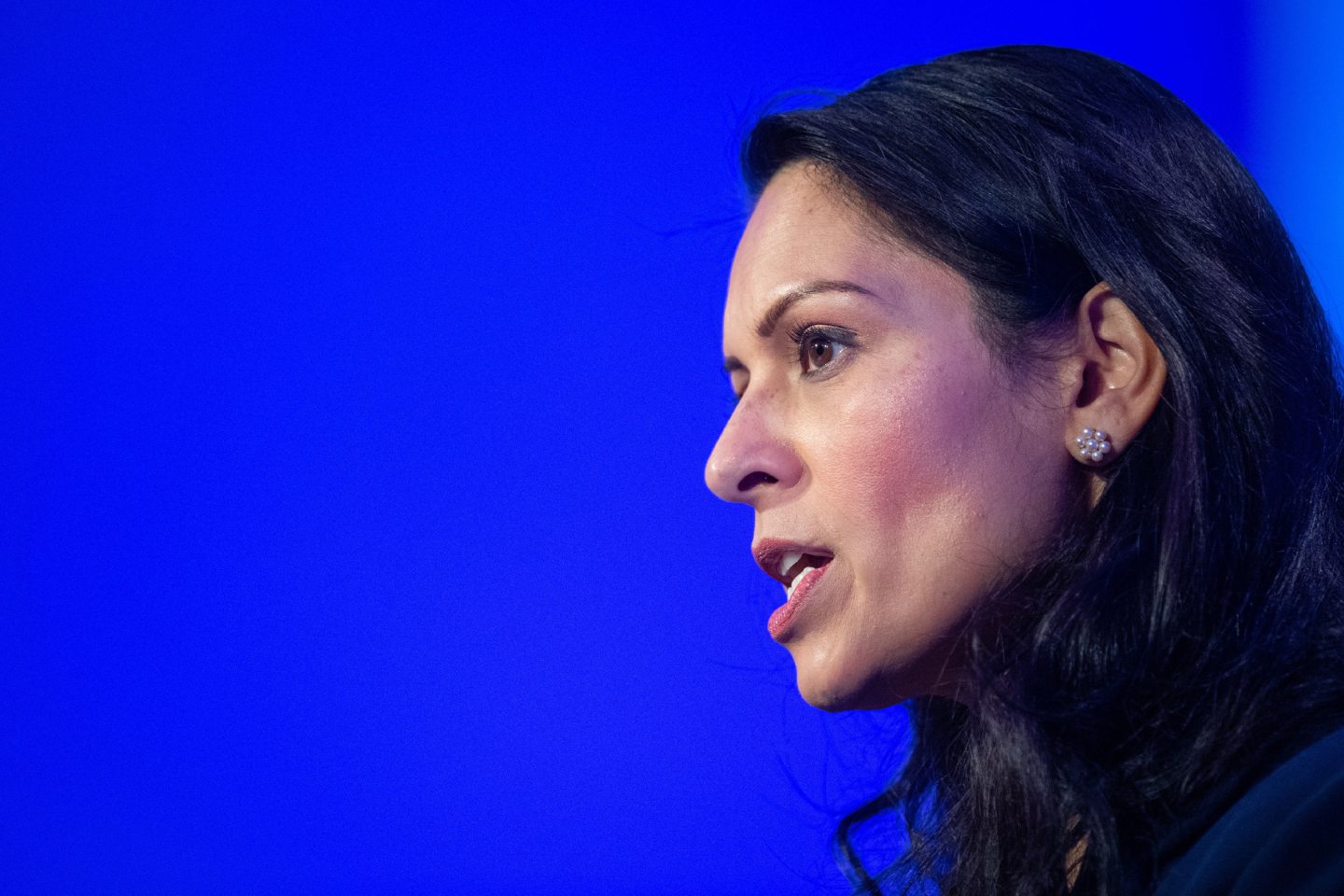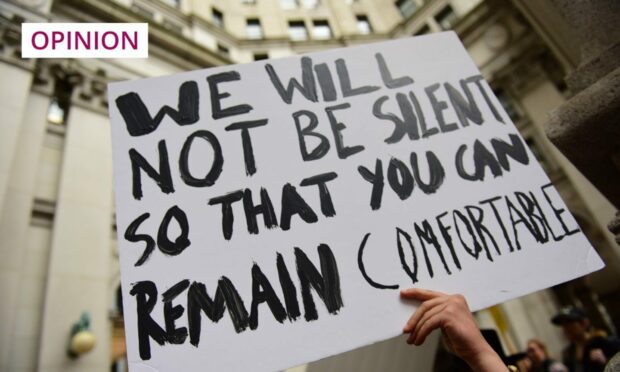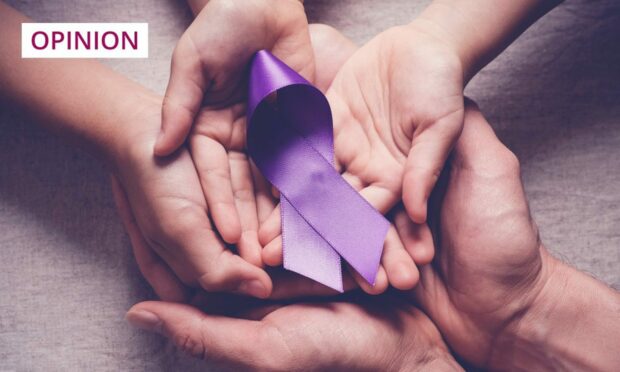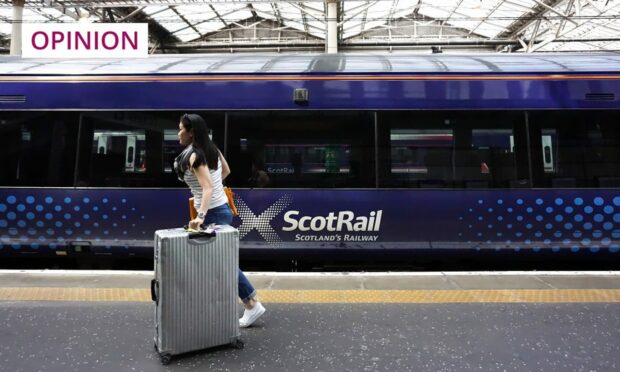Hundreds of thousands of desperate people are pouring over the Ukrainian border to escape the ravages of war.
Current estimates suggest that as many as 1.5 million people have travelled to neighbouring countries so far. These people are grandparents, parents, brothers, and sisters.
A month ago, their lives looked very much like our own, the mediocrity of work, school, and retirement at the centre of their minds. Today, shock and exhaustion are etched onto their faces. Bags and cases are laden onto their backs. The world has been turned upside down.

A common desire unites the hearts of these desperate crowds – safety. Safety from the bomb blasts which, as I write, have killed upwards of 2,000 defenceless civilians since Russia invaded on February 24. Safety from the incursion of troops imposing the autocratic and deranged demands of a foreign dictator upon them.
Safety. Refuge. Silence. A place to lay their weary heads until, God willing, Russia’s hordes are pushed back for good. This fragile hope remains alive today, thanks to the resolve, courage, and sacrifice of the Ukrainian armed forces.
‘Human traffickers will see this crisis as a business opportunity’
The nations of Europe are meeting the needs of Ukrainians. So far, neighbouring countries have accepted tens of thousands of refugees. Poland has taken more than 500,000 people, Hungary 140,000, Moldova 97,000, Slovakia 72,000, and Romania 52,000. Almost 90,000 people have moved on from these countries to others in Europe, including the UK.
These numbers will continue to grow, exponentially, as the conflict continues to escalate. The EU estimates that the total number of displaced Ukrainians could reach seven million.
It’s important to note, however, that not all fleeing people are guaranteed safety upon reaching another country. This week, social policy charity, Care, cautioned that desperate refugees are at increased risk of falling into the hands of human traffickers.
Lauren Agnew, trafficking policy expert at Care, told the Independent: “We’re dealing with very vulnerable individuals, and human traffickers are going to be seeing this crisis as a business opportunity”. Gangs, she added, are “waiting to traffic people across Europe” and into exploitative industries.
The risk of #trafficking continues to increase for the most vulnerable as the overwhelming majority of those arriving at the Romania-Ukraine border are women and children. Learn how you can help today: https://t.co/BwdqONghJi pic.twitter.com/3SsweBMmcE
— International Justice Mission (@IJM) March 4, 2022
Another group, International Justice Mission (IJM), which works to identify and free victims of modern slavery, said it was preparing for “increased vulnerability and risk of trafficking of persons” as a result of the conflict.
A social media post by IJM’s Romania field office on Thursday stated: “Hundreds of people are coming in every hour – and while many local people are offering genuine help, not everyone is necessarily there to be kind. There are risks of exploiters taking advantage of tired and vulnerable women and children.”
UK Home Office has a responsibility to protect
On the borders of host nations – amongst the officials, non-governmental organisations, and genuinely concerned citizens trying to help – criminals are poised to prey upon the vulnerability of displaced people. Human traffickers recognise an opportunity to con exposed, fleeing people with false promises of safety and security.
Innocent victims will be charged exorbitant fees for unsafe transport to an unknown place. Upon reaching supposed safety, they could fall into the hands of others who would exploit them further. It’s perplexing and anger-inducing.
Authorities across Europe must take account of this danger. With the displacement of millions, and an unfolding humanitarian crisis not seen within Europe since the dark days of the Second World War, the capacity for harm and exploitation cannot be overstated.
Looking to our own governments, this means ensuring the correct protocols are in place to spot, intercept, and root out criminal enterprises, and support people who have fallen into exploitation in rebuilding their lives. That responsibility rests largely with the Home Office.
We must be generous, welcoming and compassionate
Coincidentally, Westminster is just now debating legislation that threatens to undermine these vital efforts. The UK Government’s Nationality and Borders Bill, approaching its final stages in the House of Lords, includes provisions on human trafficking and modern slavery that will – if passed unamended – result in lesser statutory support for victims, and the loss of a legal right to remain for victims in need of support.
Parliament must see to it that victims of human trafficking and modern slavery are afforded the best possible protection and support
The prospect of such a callous move is unthinkable – especially in light of the wider picture in the West just now.
For the sake of Ukrainian refugees, and refugees of all nationalities at threat of exploitation in the UK, parliament must see to it that victims of human trafficking and modern slavery are afforded the best possible protection and support.
The nations of the UK must always strive to be generous, welcoming and compassionate – eager to defend the cause of the displaced, the vulnerable, the marginalised, and the oppressed. If we lose these values, hope dies with them.
Jamie Gillies is a campaigner and political commentator
